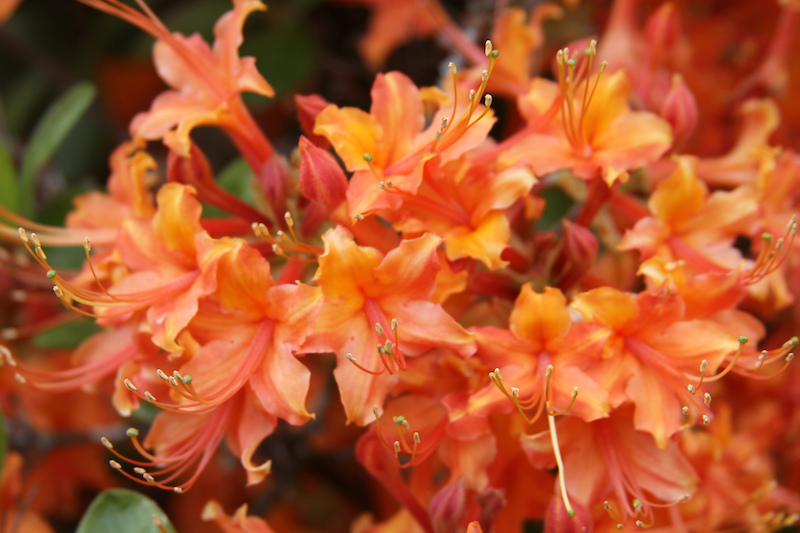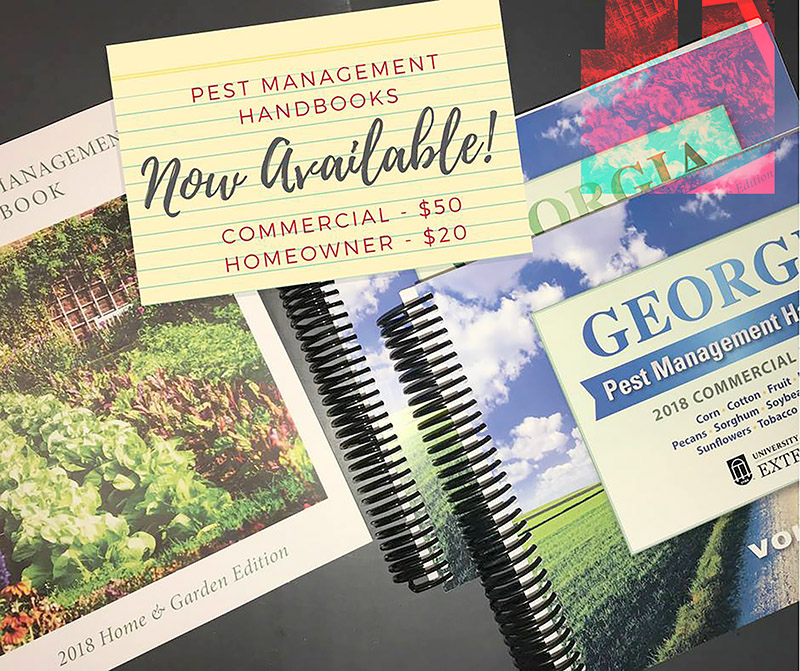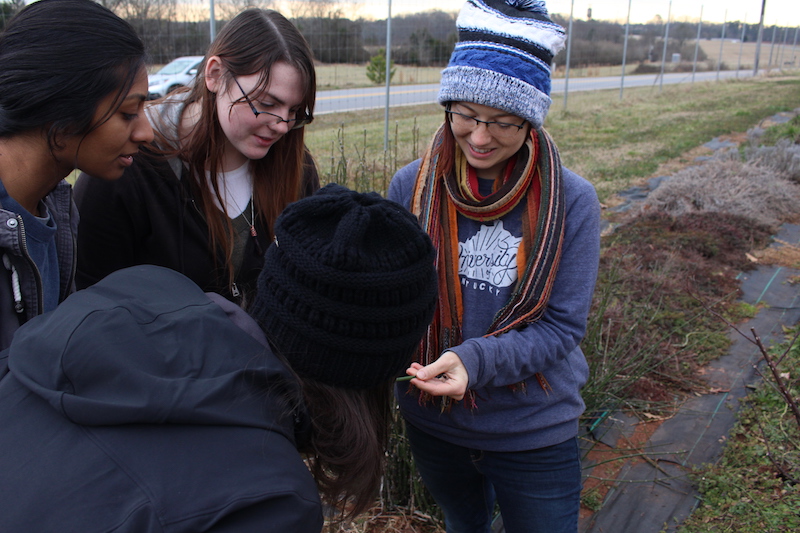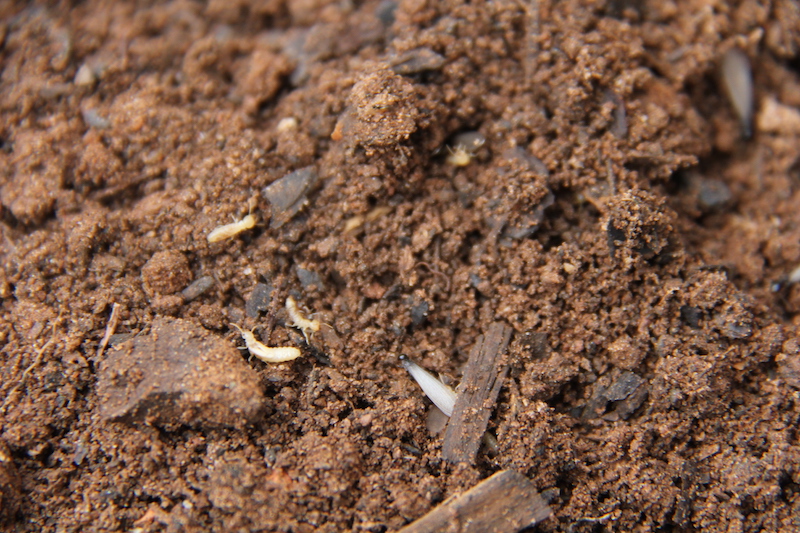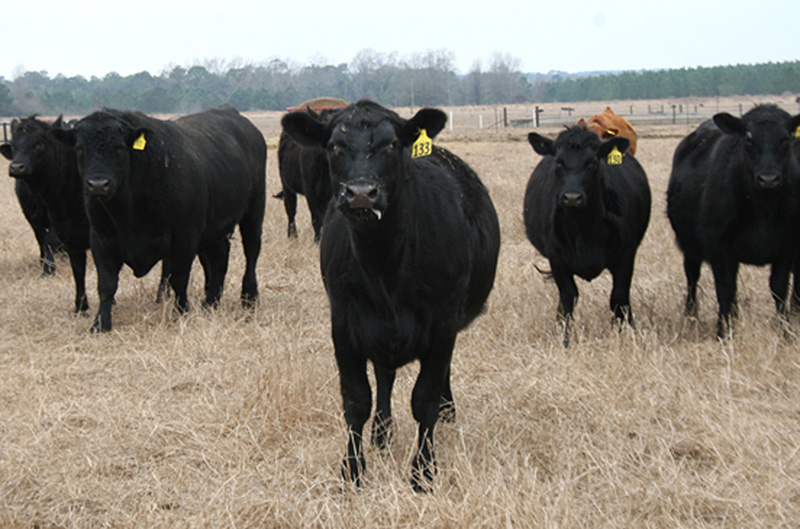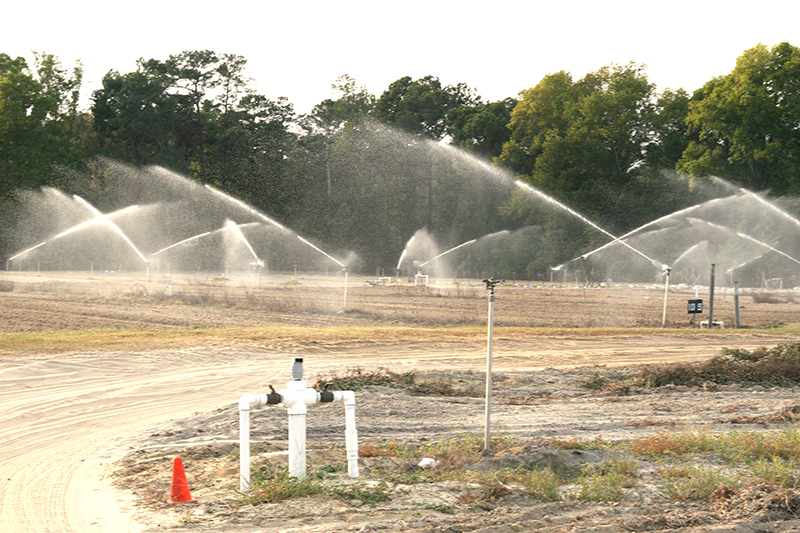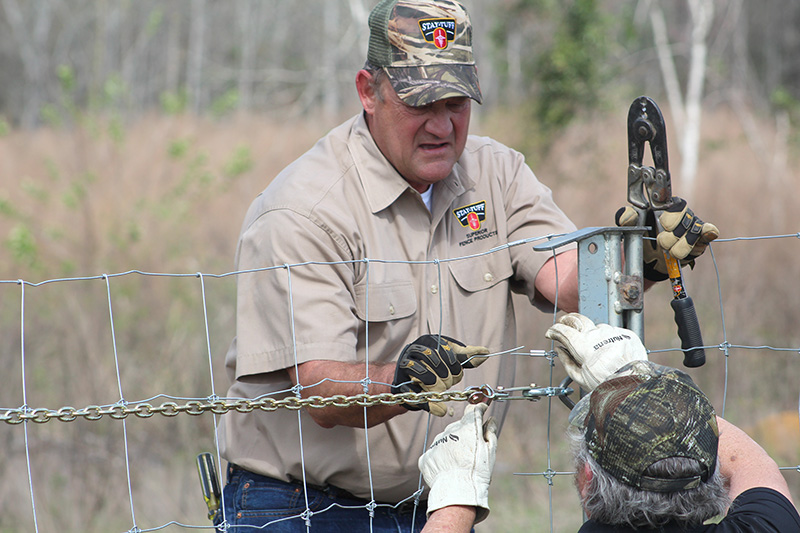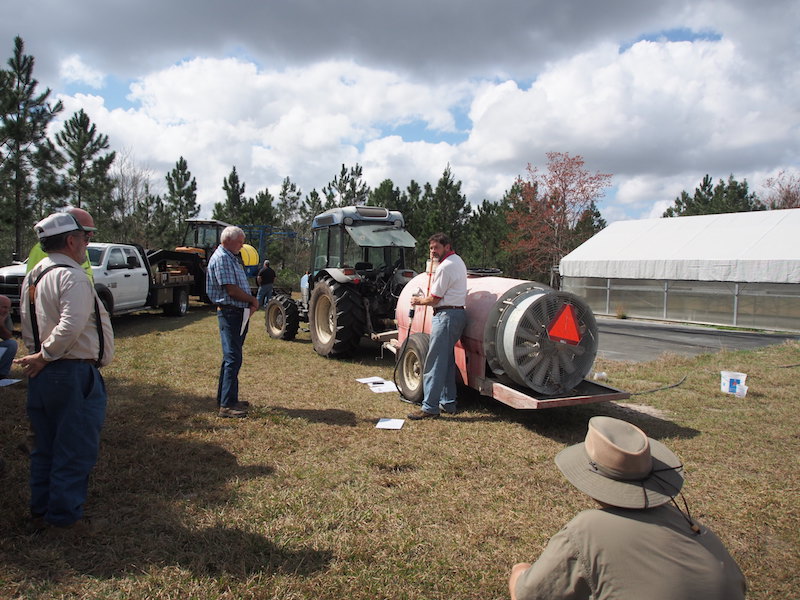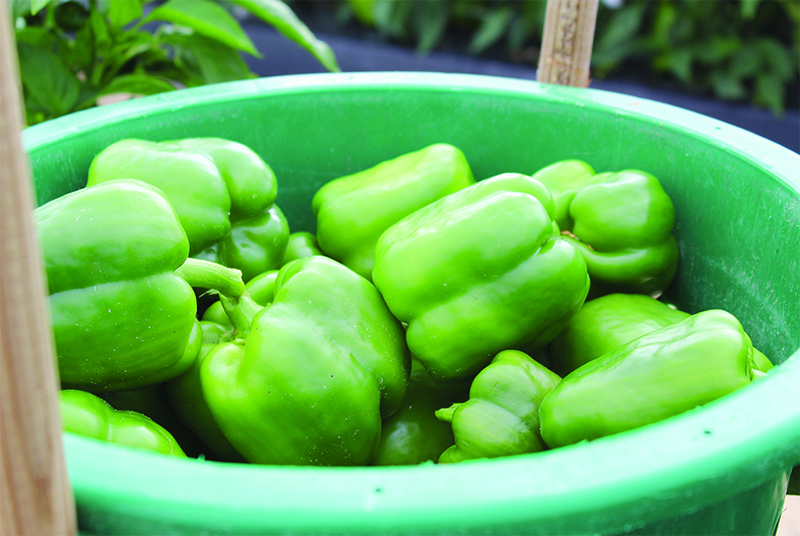 CAES News
CAES News
Bell Peppers
While commercial bell pepper producers grow this popular vegetable on fumigated plastic mulch beginning in early March, home gardeners in south and central Georgia should plant them in early to mid-April, according to University of Georgia Cooperative Extension vegetable horticulturist Tim Coolong.

